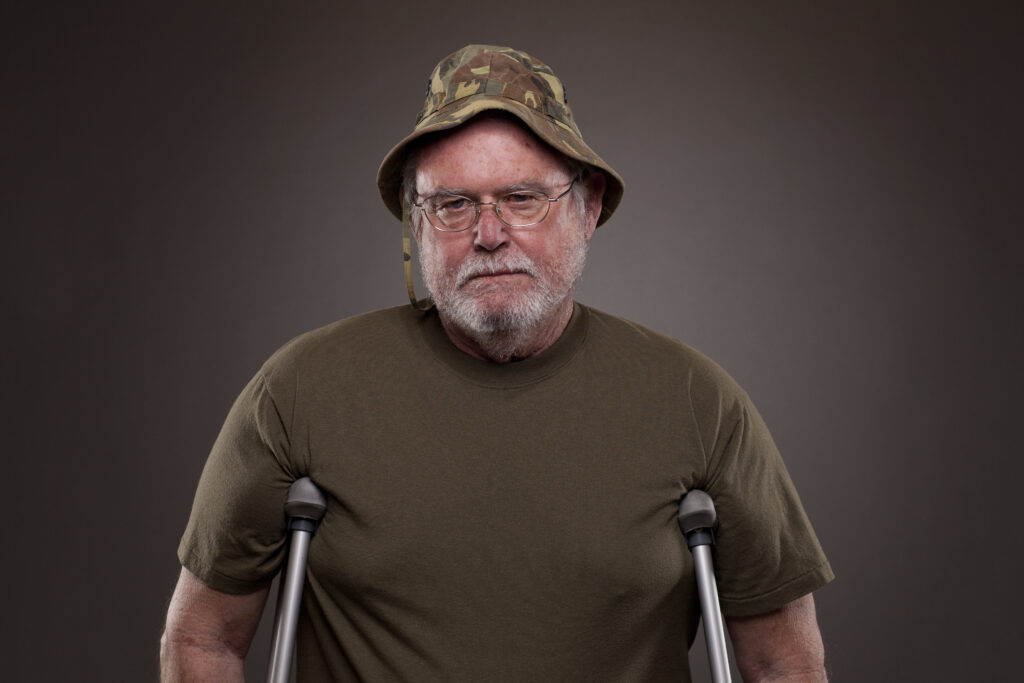Concerned Veterans for America (CVA), a national advocacy group for veterans, released a proposal to improve health care for former service members at an event featuring a bipartisan group of elected officials and other health care experts.
Called the Veterans Independence Act, the plan would focus Veterans Administration (VA) health care treatments on service-related disabilities, expand access to care outside of VA facilities, and give veterans greater choice of providers.
The event, held in late February and dubbed the Fixing Veterans Health Care Summit, featured U.S. Sen. Marco Rubio (R-FL), Rep. Jim Marshall (D-GA), former Speaker of the House Newt Gingrich (R-GA), Avik Roy, and a senior fellow at the Manhattan Institute’s Center for Medical Progress.
Marshall and Roy served as co-chairs of the task force that developed the plan, alongside surgeon and former U.S. Senator Dr. Bill Frist and Dr. Michael Kussman, former undersecretary for health at the VA.
Allen West, a former congressman and current president of the National Center for Policy Analysis, says the CVA plan takes the right approach to reform.
“Better choice opportunities and reduced bureaucratically imposed constraints would be a great start, since the funding is adequate but the allocation of the dollars is suspect,” West said. “There have to be viable, alternative, free-market solutions to repair the damaged healthcare system for our veterans.”
West is a 22-year veteran of the Army, having retired as a colonel.
Expanding Health Care Choices
The CVA proposal could affect nearly 22 million veterans and more than 900 VA medical facilities. It would offer former military personnel the choice to receive subsidized private care and would convert the VA into a nonprofit organization.
The option to receive subsidized care in non-VA facilities would build on the CHOICE program passed by Congress and signed by President Barack Obama in the aftermath of recent scandals over wait times and mismanagement at VA facilities.
The plan would involve closing inefficient VA medical facilities and would be made deficit-neutral by including copays and deductibles in private-coverage options.
A recent nationwide survey commissioned by CVA and conducted by The Tarrance Group shows 88 percent of veterans want to be able to choose their own medical provider for their taxpayer-provided care, a key element of the CVA plan.
Darin Selnick, who served as executive director of the task force and is a management consultant and a former Air Force captain, says the CVA reform agenda could get through the current Congress.
“These influential members and thought leaders are key players in the realm of veterans’ health care policy, and their views on the Taskforce report are invaluable contributions to the conversation on reforming the delivery of veterans’ health care,” Selnick said.
Nate Wilson (@Nateallenwilson) is an editor and analyst at the National Center for Policy Analysis.




